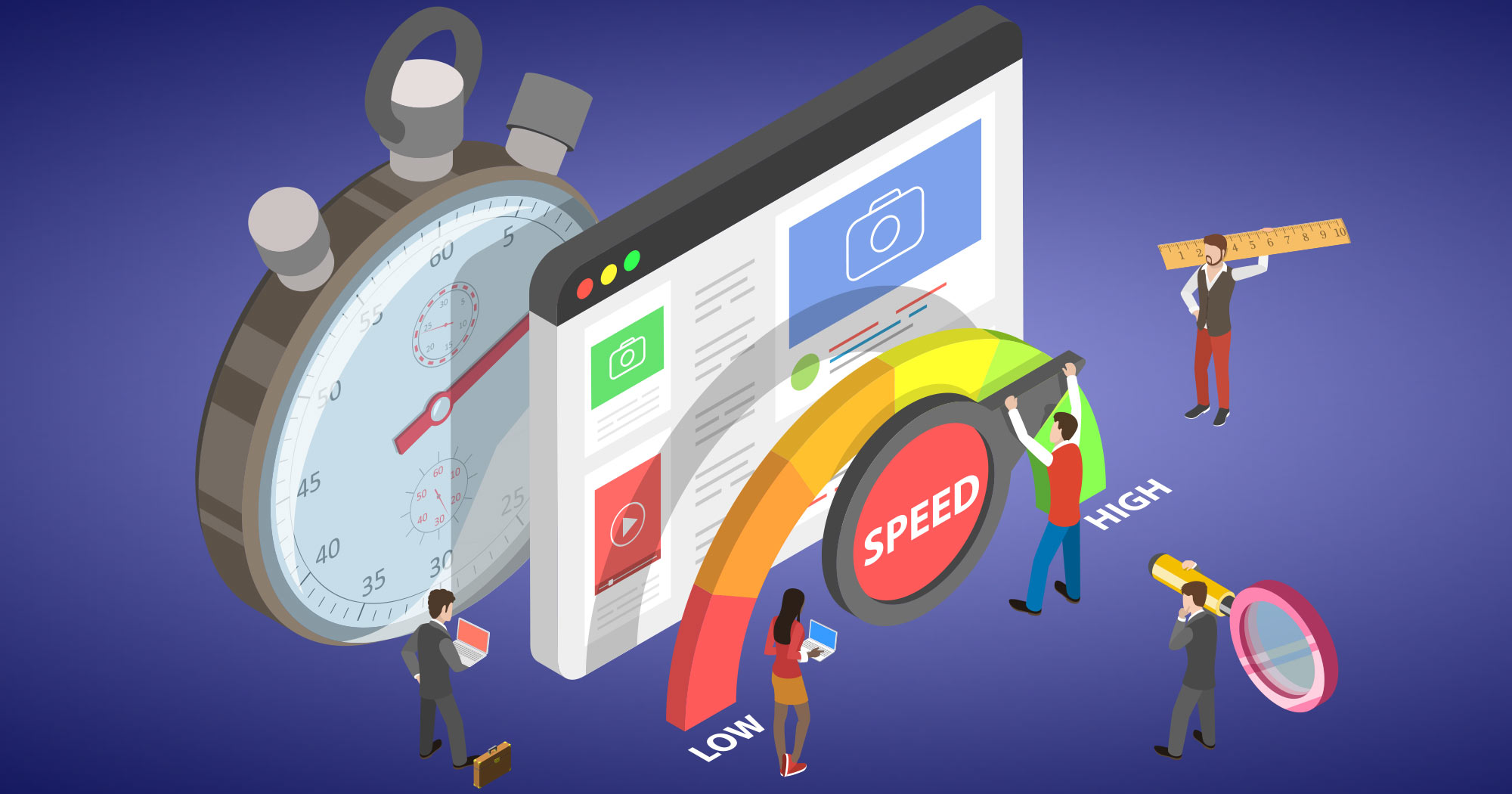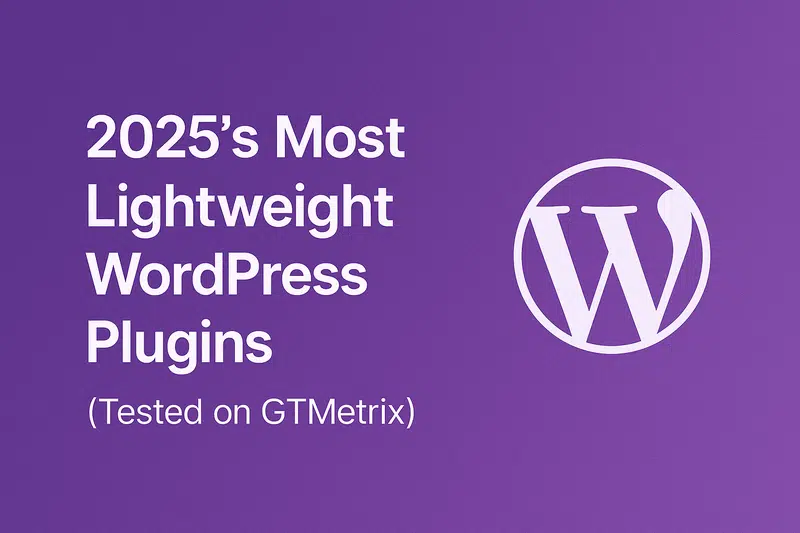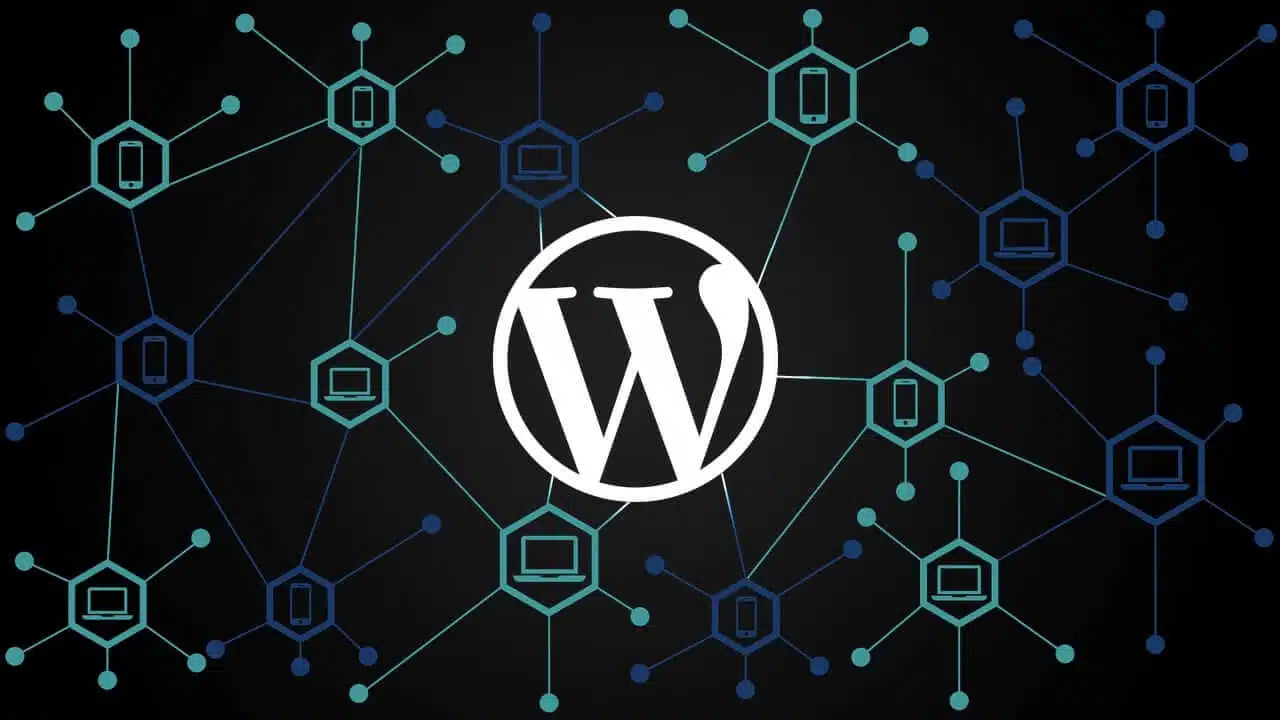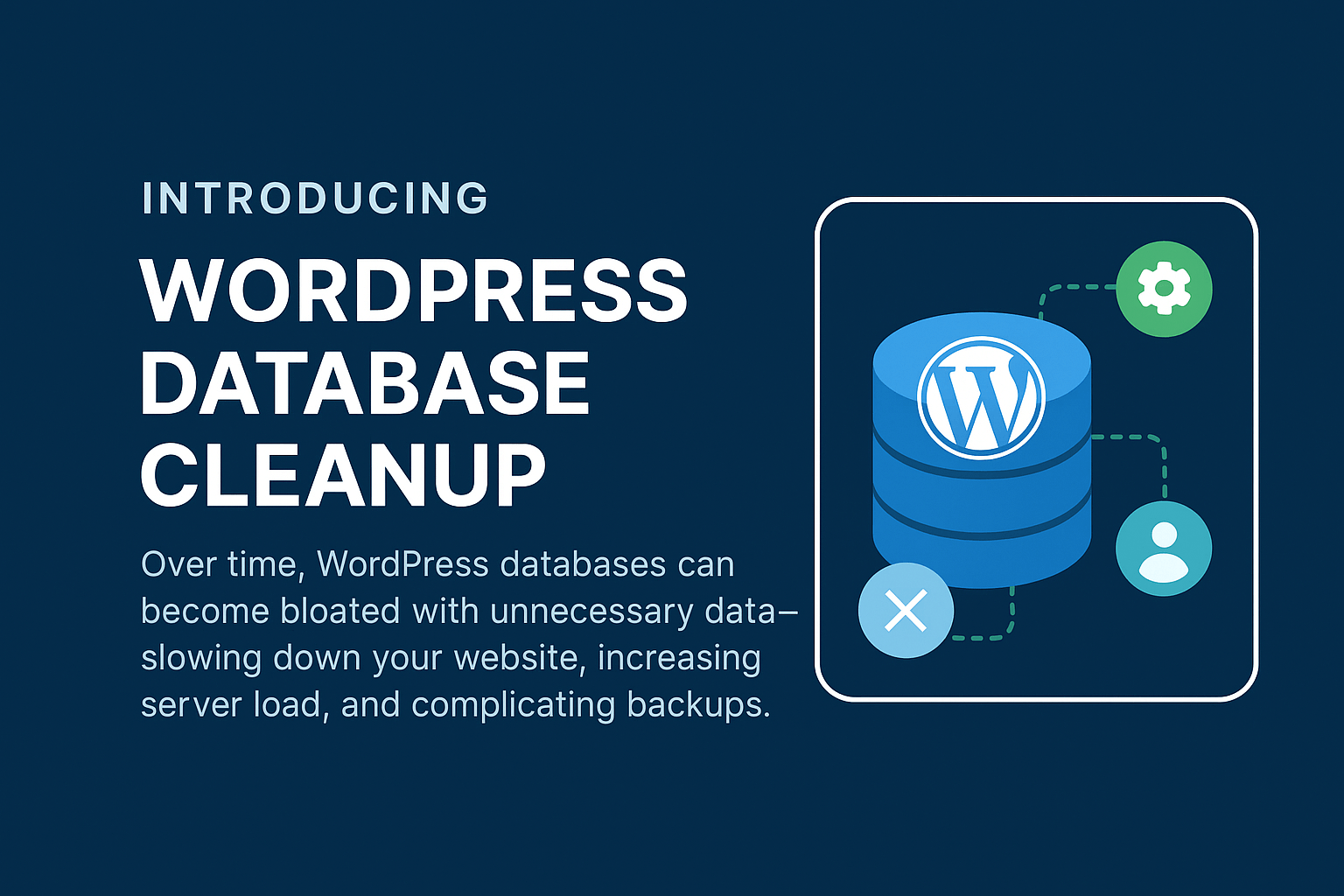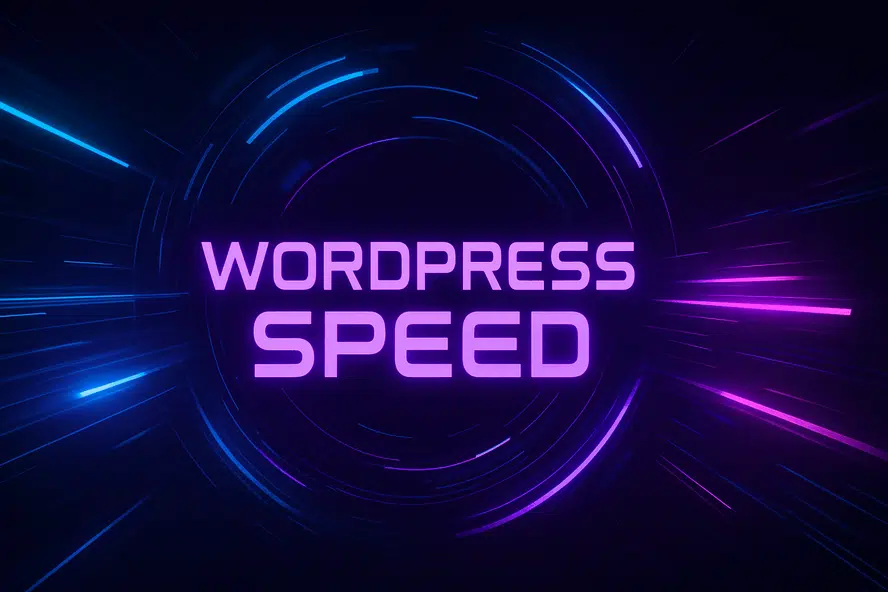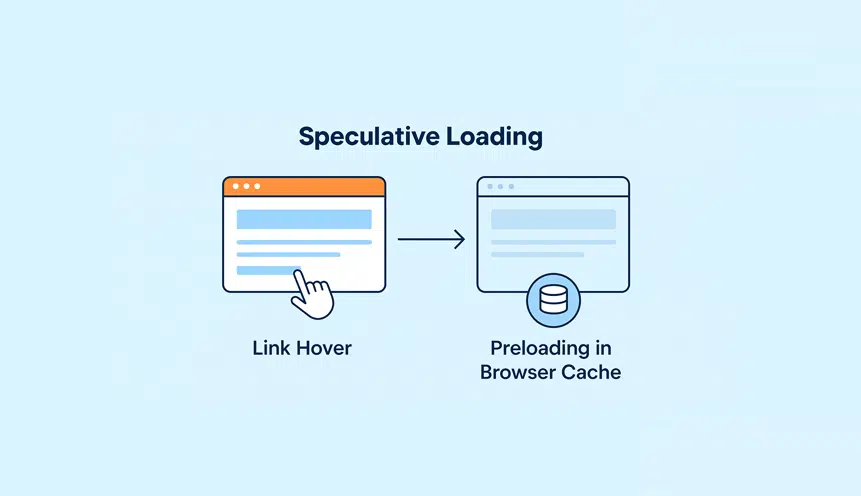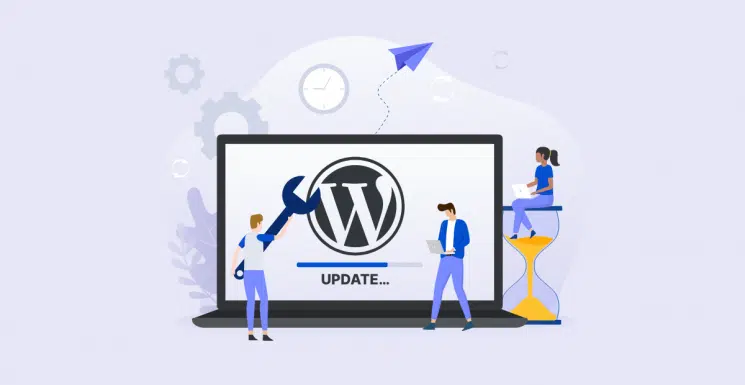
WordPress Plugins make your website success possible. Anyone who uses WordPress for any reason has most certainly used plugins or at least knows what they are. The app-like device is meant to help users accomplish tasks. As convenient and good as that sounds, not everyone is a fan. A lot of the criticism stems from the constant need for plugins to get updates. In some cases, updates end up failing, which renders them useless for a time. Moreover, there are others who just don’t update at all out of worry. That becomes an issue because it could negatively affect their website security.
What’s the Point of Using WordPress Plugins?
When there is a need to shift WordPress website functions (adding blogs or forms, for example), plugins come into play. They make things much easier to integrate right away instead of calling on a WordPress expert or coding manually from the beginning. Developers tend to update their plugins regularly, so that’s one less thing to worry about.
Why Update WordPress Plugins?
The answer to this question starts with a very important fact: WordPress does not develop or design plugins. It’s part of the open source culture that WordPress likes to promote: anyone can develop apps for sharing with other users. This is why users need to manually update plugins when the developers do or when new features are added. People that opt not to get updates will eventually end up with plugins that don’t work well, if at all. Having updated plugins will also help to speed up a WordPress website.
Luckily, there are usually plugin update alerts, which prompt the user to update as needed. It should be done as soon as a new update is made available for the plugins on a website. For the most part, there are alerts, but sometimes, a manual check is necessary. All plugins can be found in the administration panel of a user’s WordPress dashboard.
Updating is particularly necessary when the update involves issues with vulnerability, bugs, and security. Ignoring plugin updates can give hackers an open opportunity to do unscrupulous things. Hesitation on the part of a user can be addressed through WordPress management companies instead.
Is There a WordPress Plugin Conflict?
It’s possible for plugin conflicts to happen on a WordPress website. To find the culprit, every single non-Yoast plugin must be disabled. After that, the conflict should already be resolved. Determining the errant plugin happens as each one is re-activated manually.
What About Manual Troubleshooting of a WordPress Plugin?
Ideally, troubleshooting a plugin is best done with another plugin meant for troubleshooting. There are quite a few available on the market, such as plugin detective. By troubleshooting on behalf of a user, the plugin saves them time and identifies the issue swiftly. Deactivation of the problematic plugin will then get done, upon which the problem can be addressed.
Conclusion
WordPress plugins are critical to the functionality and success of many WordPress users. It’s important to understand that while they proved to be extremely useful they can cause some problems from time to time. Just knowing this alone can really keep you at ease when issues do arise and you need guidance on how to correct them.
WordPress is a great platform for open source collaboration. Part of this involves being host to a lot of plugins made by third parties. They must be updated consistently to prevent any security issues and so that your site loads faster, enhancing user experience.
Need help to get your WordPress optimization going? Reach out to WP Fix It! We can help you fix your WordPress issues with 24/7 WordPress support.





